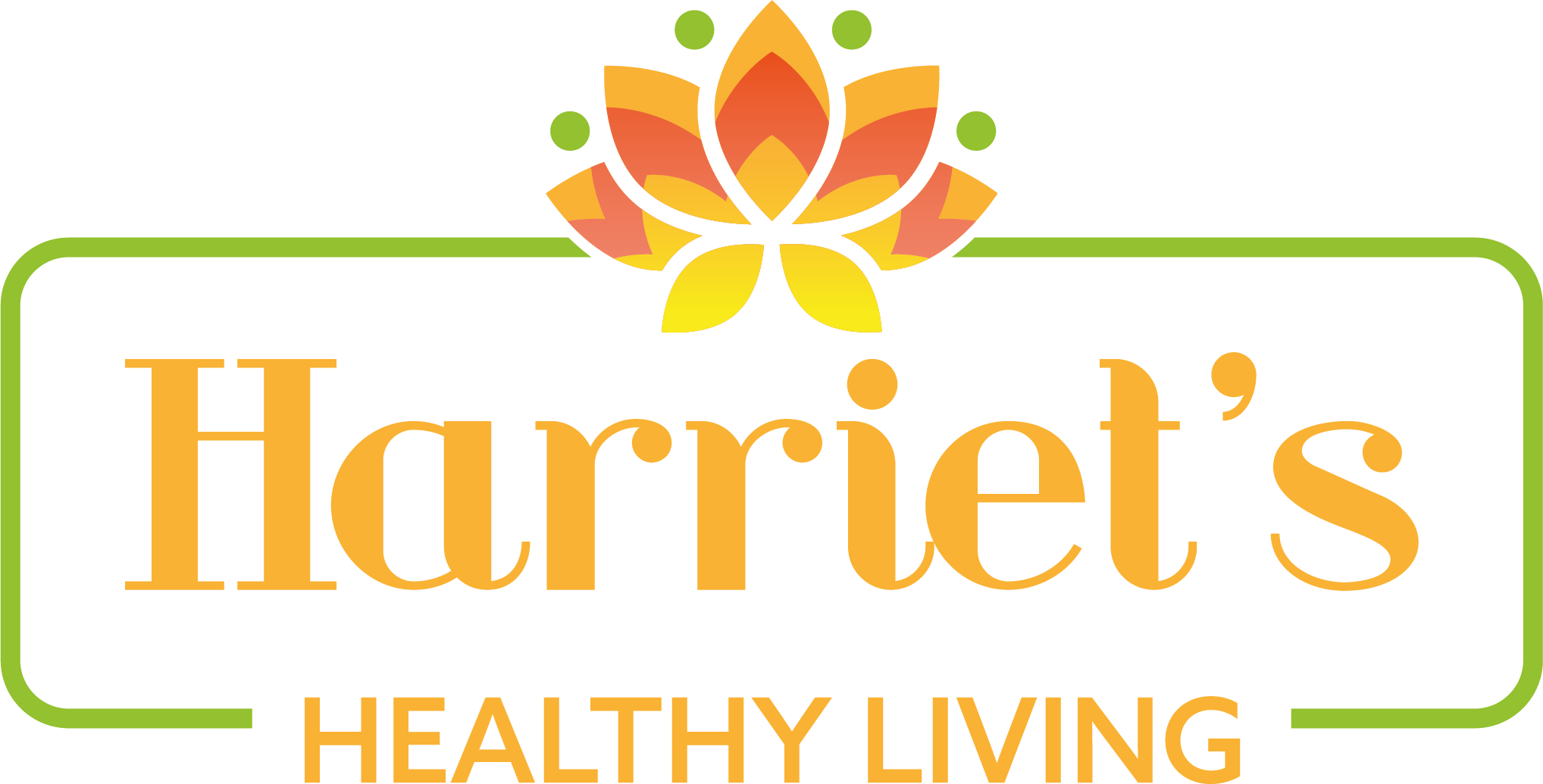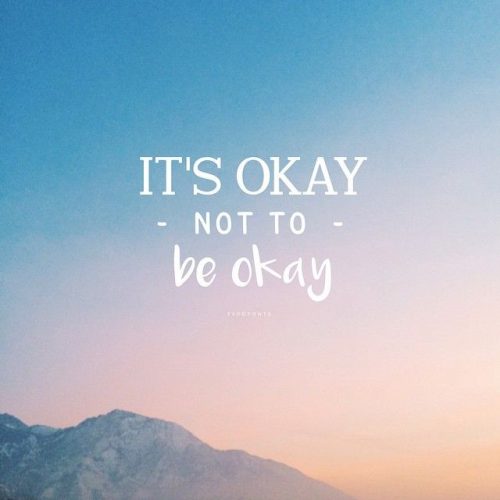This week I was privileged to attend the Mental Health First Aid course, run by the brilliant Kate Jackson from Wellbeing Therapy Solutions
I came home from day one and ‘It’s OK not to be OK’ was aptly playing on the radio.
Now more than ever it is important to share this vital message. 2020 has been a very stressful and distressing year for everyone due to Covid-19, and we still face months of uncertainty ahead.
It is therefore really important to reach out to others to ask for, or to give support when we or others are not feeling ‘OK.’
You see we all experience challenges to our mental well-being at different stages in our lives. This is very common. On the course Kate explained that our mental health is on a kind of continuum, from milder to more severe symptoms, and we all experience challenging and stressful life events throughout our lives. If we pause to consider this for a moment, we can all start to develop a level of understanding and compassion for others who experience mental health issues.
Mental Health issues effect 1 in 4 of the population, so it is likely that we will all be affected at some stage in our lives, whether it is personally or by a friend or family member.
Why then is there still this embarrassment and shame surrounding mental illness? Why do people still feel that to have a mental illness is a sign of weakness and something that will forever define them?
Very often if people get access to the right treatment quickly, they recover completely and often never have an episode again. Sometimes people may have short periods of illness at certain points in their lives, but if they have access to the right support, they live healthy and fulfilling lives. The point is mental illness is an illness just like any physical illness. People get unwell sometimes and they get better. It does not have to define them, and they should not feel embarrassed about it.
This is why Kate is so passionate about increasing mental health awareness so that people begin to view mental health in the same way they do physical health.
I have a background in health already, but I learnt so much from this brilliant course and would recommend it to anyone! The aim of Mental Health First Aid England is to train 1 in 10 adults to learn skills to support people with their mental health. They are making great strides in achieving this, but still have a long way to go.
I loved so many things about the course but the key take home for me was how important it is to reach out to others who appear to be struggling and to simply ask if there is anything we can do to help. We are clearly unable to offer professional help, but we can certainly be there to listen and encourage them to seek professional help which is so important.
It is important to let people be ‘heard’ and to acknowledge that their feelings are real. We can also help them to know that they are not alone in their struggles, that others have experienced similar thoughts and feelings, and to offer hope. There is help available and it won’t always be this way… things do get better…
Having supportive networks can really help to aid recovery. Friends, family, local groups can all help.
I volunteer for the brilliant local group Mental Health Together, and the aim of the group is to do just that, to bring people together. We spend time together engaging in activities that promote well-being, including walking and running in nature, gardening, and other specialist interest activities. The group creates friendships and connections, and enables people to share skills, experiences and ideas. It has been a real challenge to keep connected during these uncertain times, but the group has adapted with zoom calls initially and by meeting in small groups of 6, mainly outside.
I am passionate about the importance of social connection to our health and well-being, so to me this group provides an invaluable opportunity for people to come together and create something special. The aim is to bring people together to offer support to each other, but mostly to enjoy the social connection, and form friendships. I feel strongly that we can learn so much from each other and everyone has something different to bring from their own life’s experiences.
We would welcome anyone to join us as a member or volunteer. I have gained so much as a volunteer. I have discovered a new interest in gardening, but mostly I have enjoyed meeting lots of interesting and inspiring people. Please do get in touch if you would like to join us on any of our events or to join us a volunteer. We would be delighted to meet you. Please click on the link for more information …Mental Health Together
Whatever you do, please reach out for support if you need it or offer your support to anyone you think might be struggling. We are all in this Together!!
Please do listen to the podcast by Johan Harri about his book ‘Lost connections. Uncovering the real causes of depression.’ I am an avid listener to this podcast, and this remains my favourite….
(I have still yet to read the book, but I must!!)
Anyway, please take good care, and remember, ‘It’s OK not to be OK’ sometimes!


One Response
Great blog Harriet, it was great to share last week’s learning with you.